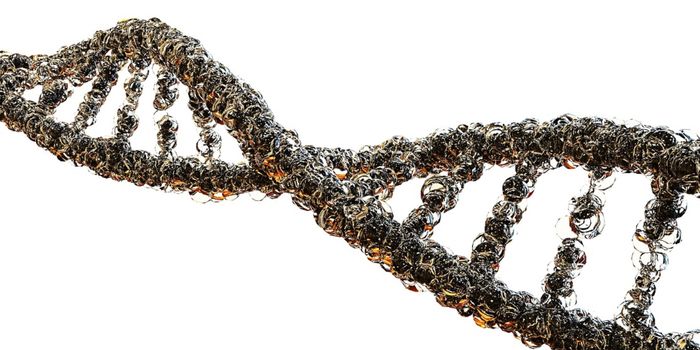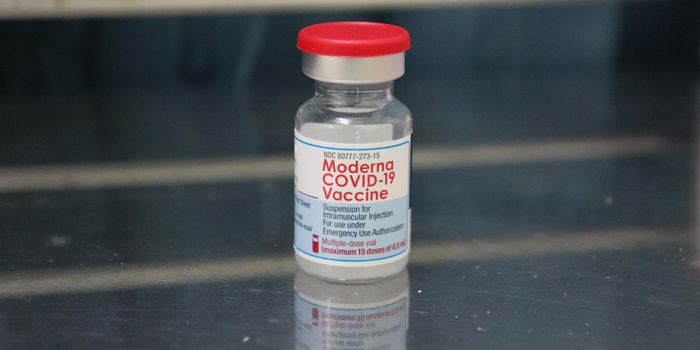Open Access Database Highlights all Anti-aging Drugs
Researchers have developed an extensive database encompassing all drugs and compounds that aim to extend lifespan. Called DrugAge, the database is freely available and was created using insight generated from the analysis of 418 compounds and 27 model organisms from yeast to mice. Interestingly, the scientists, from the Biogerontology Research Foundation (BGRF) and University of Liverpool have found that drugs have not yet targeted the majority of cellular chemical cascades that relate to aging. Instead, most work on the manipulation of aging through pharmacology has remained focused on a small group of chemical cascades or pathways that have been known to relate to aging in one way or another. Therefore, the database could open up new avenues for the treatment of aging.
"Besides introducing the DrugAge database to the larger scientific community, this paper's overarching significance lies in the finding that the large majority of known age-related pathways have not yet been targeted pharmacologically, and that we are in a very real sense at the starting line of the search for pharmacological agents capable of extending lifespan and healthspan via the modulation of known age-related pathways. There is still very much left to learn," explained Joao Pedro de Magalhaes, PhD, a Trustee of the Biogerontology Research Foundation (BGRF) and a Principal Investigator at the University of Liverpool's Integrative Genomics of Aging Group (IGAG). See a talk about science's quest for immortality featuring Magalhaes in the video.
The new database, DrugAge is the largest such database and collects a number of freely accessible resources. Other tolls that are available from HAGR include GenAge (a database of genes correlated to age and longevity in both humans and model organisms), AnAge (a database collecting records from over 4,000 species aging, longevity and life-history), GenDR (a database of genes connected to the life extending effects of caloric restriction), and LongevityMap (a database of more than 2000 longevity-associated human genes and genetic variations).
The public can access the database, which is searchable by species, compound name, and effect on lifespan. Compounds in the database act on specific genes, and a drug-gene interaction functional analysis indicated that there is a modest but significant correlation between genes that are known to affect aging, and the cellular targets of the database's compounds.
"DrugAge is the latest database created by Joao Pedro de Magalhaes, a world leader in the application of advanced bioinformatics and integrated computational approaches to biogerontology and ageing research. I am confident that it will gain widespread use in the ageing research community, and represents a significant milestone along the way to the coming paradigm shift in modern healthcare away from single disease treatment and toward geroprotective multi-disease prevention," commented Dmitry Kaminskiy, Managing Trustee of the Biogerontology Research Foundation.
"DrugAge represents a landmark resource for use in the biogerontology community. It is the largest database of lifespan-extending compounds compiled to date, and will surely come to be recognized as an extremely valuable resource for biogerontologists. Analysis performed using the database has already revealed interesting trends, including a modest but statistically significant overlap between lifespan-extending drugs and known age-related genes, a strong correlation between average/median lifespan changes and maximum lifespan changes, a strong correlation between the lifespan-extending effects of compounds between males and females, and perhaps most significantly that most known age-related pathways have yet to be targeted pharmacologically. More broadly, an understanding of the comparative effects of geroprotectors upon the lifespan of a variety of different model organisms is important both for basic research into the biology of ageing, demonstration of lifespan plasticity via modulation of a variety of distinct biomolecular targets as proof to regulators that healthspan extension is a viable paradigm for disease treatment and prevention, and for the eventual clinical translation of potential geroprotectors," said Franco Cortese, Deputy Director and Trustee of the Biogerontology Research Foundation.
Sources: AAAS/Eurekalert! via Biogerontology Research Foundation, Aging Cell








